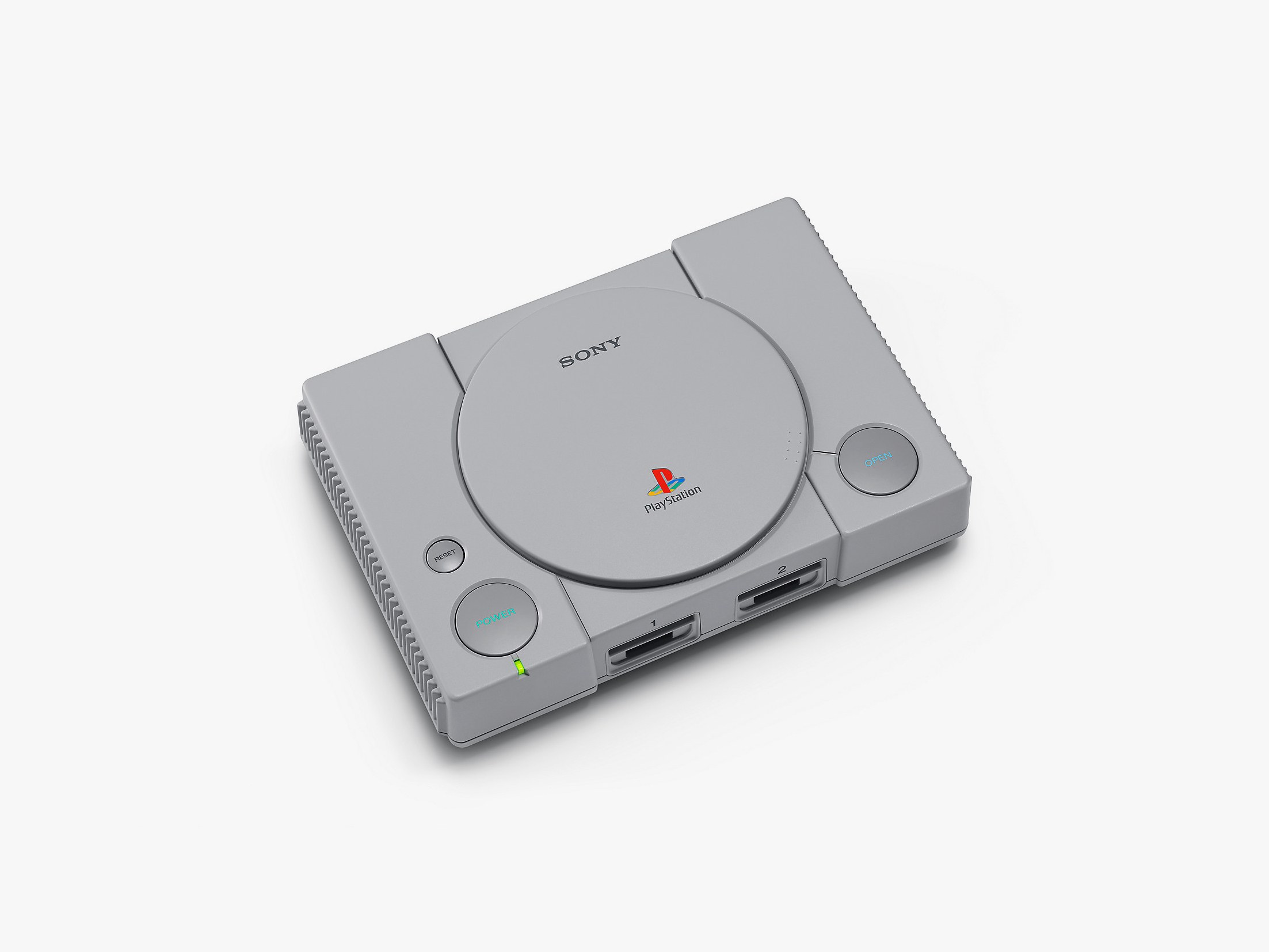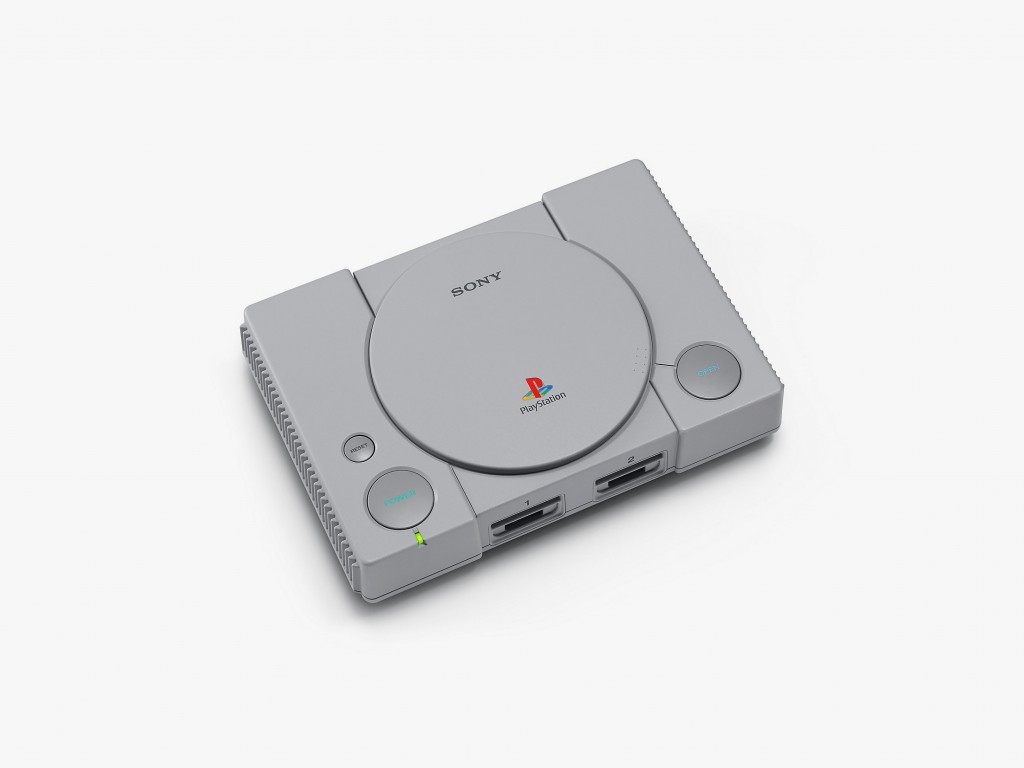The rise of classic consoles in recent years has hardly been a surprise.
After all, we’re only just starting to appreciate the power that nostalgia has in the entertainment industry, especially in gaming. People crave a door to the past. They’re not only hoping for the chance to play some titles that are generally considered to be true classics, but they’re hoping to relive the feeling they had when they played these games for the first time.
So, it wasn’t a surprise to hear that Sony was releasing a “classic” version of the original PlayStation, nor was it a surprise to hear that there were quite a few people who were interested in purchasing one. The general feeling was that the PlayStation Classic was something of a can’t miss prospect so far as video game products go.
Yet, the relative failures of the PlayStation Classic reveal it wasn’t a “can’t miss” product. In fact, they reveal that the whole classic console concept is in serious trouble.
We don’t know the exact sales figures of the PlayStation Classic, but we do know that retailers everywhere have drastically cut the price of the plug-and-play console by as much as 50% just a day after Christmas. That’s a move typically reserved for products that did not meet holiday sale expectations.
More importantly, we know the public reaction to the PlayStation classic. Those who have used the console report that it is running off of some pretty cheap technology and seems to exemplify the bare minimum effort that could be put into such a product. On top of that, you have many people who believe the list of included games is missing many of the console’s truly great titles.
Those are all reasons why the PlayStation Classic has failed to meet expectations, but they’re not the reasons why the PlayStation Classic should be the last of its kind.
Sony can do better if they chose to release another plug-and-play classic console. We’ve seen Nintendo release better such consoles. The problem with these consoles is that there is only so much history left to cover, and these consoles are a pretty bad way to cover it.
As we get into the PlayStation/N64 era and beyond, we encounter more and more games that have been remade, remastered, or simply even improved upon greatly by sequels. Does that mean those games no longer have merit? No, but unlike the NES/Genesis/SNES era, it does mean that compiling these titles on a classic console becomes not only harder to do (due to licensing troubles and technical problems), but that the “nostalgia” becomes lessened due to how much more recent these games are.
The appeal of these classic consoles hasn’t always been – and shouldn’t be – the games they contain. There need to be better ways to access those games besides having to buy these consoles. However, the PlayStation Classic shows that there’s a limit to these consoles beyond the specific titles they contain. It shows that these classic consoles can go wrong quite easily and that there are limits to how many of them we can reasonably expect to receive.





